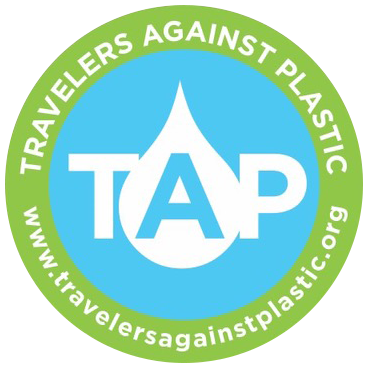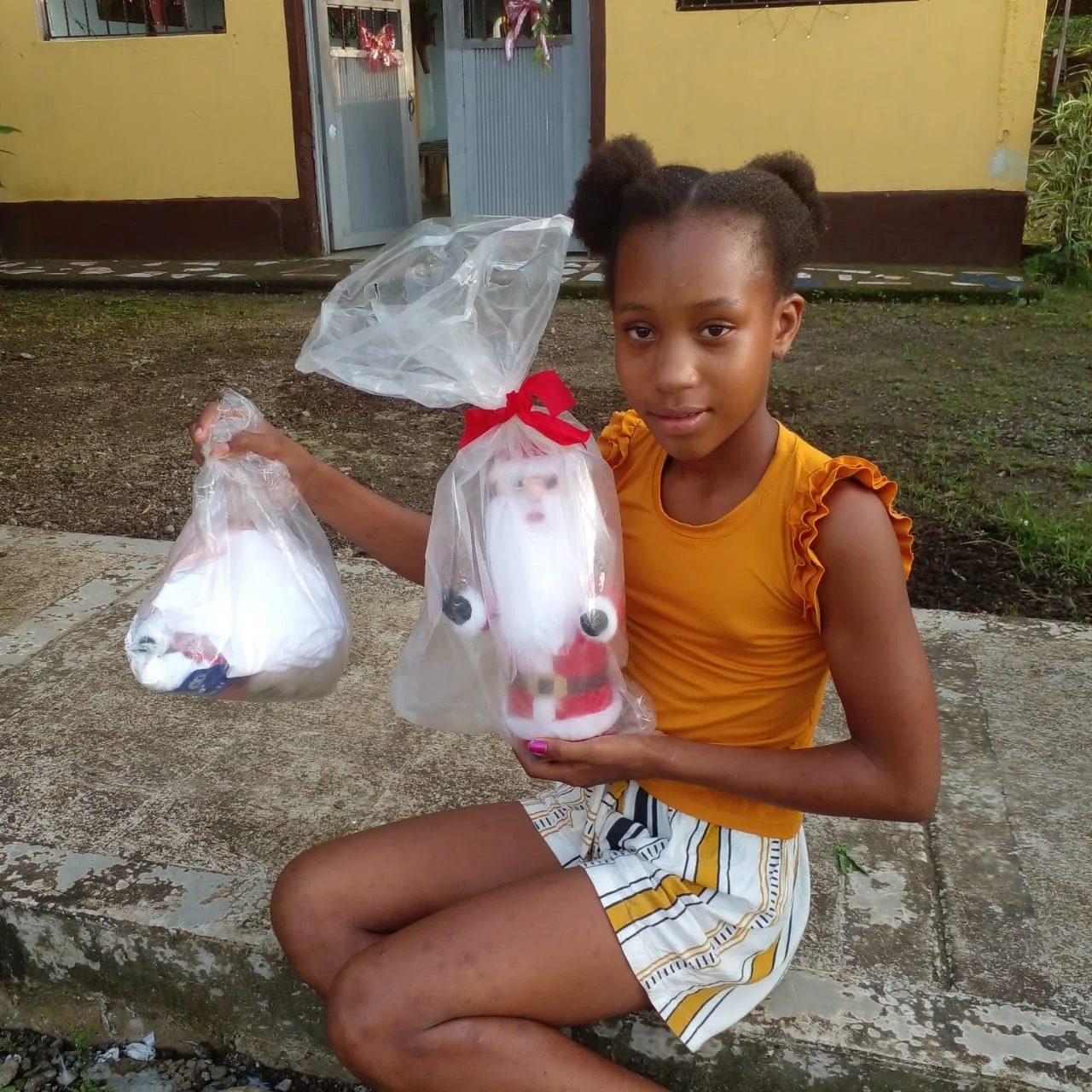Research Center for Environmental Management and Development (CIMAD): Colombia
This organization works with local communities to protect biodiversity in Colombia. The project is focused on the cleanup of plastic pollution in nesting beach areas and transforming plastic into artisanal and utilitarian handcrafts made by local women. These upcycled materials then provide a source of economic income to minority groups. 15% of the money obtained from products sold will be used to purchase equipment (batteries, flashlights, tags, pliers) needed by local monitors to conduct surveys at Pangui sea turtle breeding shores.
SEE Turtles funded the organization to launch a project training women in the rural community of Pangui to recycle plastic bags into handbags that will both reduce plastic pollution and provide an additional source of income to local families and sea turtle conservation efforts.
June 2022
CIMAD works to address the pollution of sea turtle nesting beaches in the community of Pangui in the Chocó Pacific region of Colombia by transforming plastic into artisanal and utilitarian handicrafts made by local women. Efforts began in December of 2021 by sending materials and tools funded by SEE Turtles to a group of women known as Mujeres Conservando Vida. They were able to turn collected beach trash into Santa Claus dolls and Christmas trees that the women were able to take home, with the intent to teach locals that recycled materials can be transformed into decorative objects, handicrafts, and other marketable products. In January of 2022, the first workshop on plastics and turtles was held with the group of women, where they were informed about the importance of keeping the beaches free of this material for the conservation of sea turtles in their community.
Currently, the Mujeres Conservando Vida group is made up of 14 people, 8 of whom are active in the production of recycled plastic products. So far, they have collected 6.5 kg of plastic (14 lbs) from local sea turtle nesting beaches. This material has been washed, dried, cut into strips, and turned into skeins which have been woven into hats and bags. They have also created flowers and floral arrangements. COVID has slowed tourism in the region but they hope to be able to sell their products at the Nuquí airport, as well as hostels and hotels in the area soon. They are also marketing their goods on Instagram where you can find them as @mujeresconservandovida. They plan to donate 15% of the profits obtained from products sold to tourists to purchase equipment needed by local groups that monitor the Pangui sea turtle nesting beaches.

